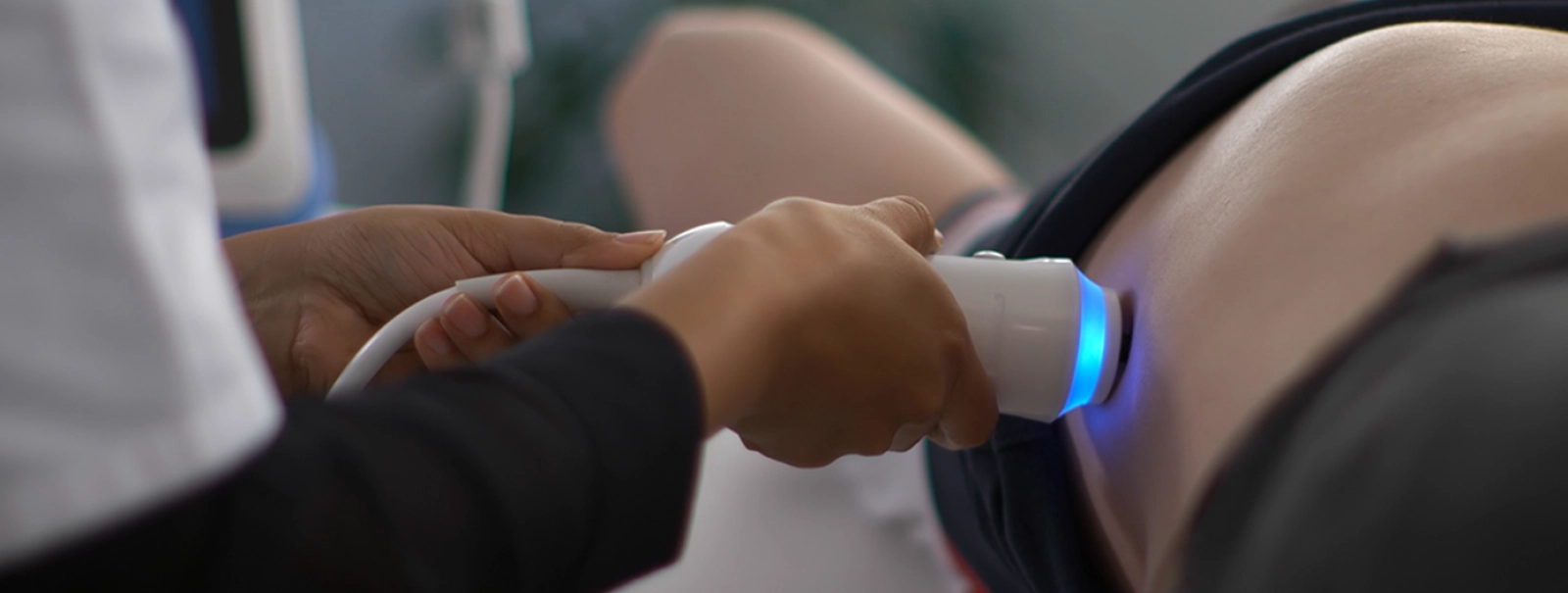
FibroScan®: tried and trusted by healthcare providers
Our solutions support medical professionals across the world from different medical specialties. Discover why they chose FibroScan® for their clinical practice

As a clinical researcher, I rely heavily on FibroScan® to select the right patient for the right study. Clinical trials in non-alcoholic steatohepatitis typically include patients with specific fibrosis stages. It is thus important to have reliable fibrosis assessment and avoid unnecessary liver biopsies.
While performing clinical research in the field of metabolic steatohepatitis, I am constantly asked how I can keep my screening failure rate low. The answer is no secret: FibroScan® examination with SmartExam.
Assessment of liver stiffness and fat by non-invasive method is a huge step forward towards better management of MASLD. It has hugely impacted the way clinicians stratify the patients, chose therapy and monitor response!
There is very good evidence for using transient elastography by FibroScan® for assessment of fibrosis in alcohol-related liver disease.
Using FibroScan® as an interventional therapy helps primary care physicians and nurse specialists engage patients by demonstrating the results and outcomes as a value change that patients can visualize on a regular basis and give them confidence that their efforts have an impact. […]Weight loss and exercise are the first step in mitigating liver damage.
FibroScan® is perfect for use in a primary care setting, it is portable and gives patients an instant result enabling them to leave knowing the result. It is also a very powerful tool to encourage lifestyle interventions. Using the FibroScan® in primary care enables much wider access to this technology for patients and significantly reduces the cost per scan.
In the mobile screening program, the Fibroscan® is both a screening tool and a diagnostic referral tool. It facilitates the detection of hepatopathies and the management of appropriate follow-ups, as well as the discussion of alcohol and viral hepatitis issues. This tool gives us a great deal of autonomy and allows us to reach out to users in a Risk Reduction approach.
Interview with Nezam Afdhal
Nezam Afdhal | M.D. and Associate Professor of Medicine at Beth Israel Deaconess Medical Center – United States of America
There are strong correlations of liver stiffness with liver fibrosis in Hepatitis C, Hepatitis B, and also in other causes of liver disease such as MASLD and MASH.
FibroScan® measures stiffness in the liver via VCTE™, which involves a wave of 50Hz entering the liver with an ultrasound acquisition of the shear wave’s transmission speed and velocity. There are other devices on the market that use similar technologies, but FibroScan® is the only device on the market using true transient elastography. The other devices are less validated and certainly do not give us the comfort and reassurance that we have with FibroScan®. In the United States, this is the only device that is approved for use with these indications. I would recommend this as the only real validated technique for the measurement of transient elastography and liver stiffness.





